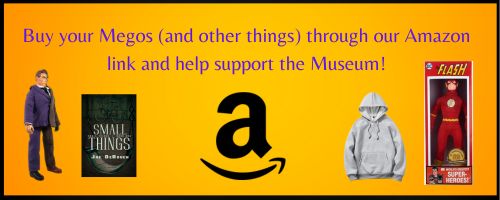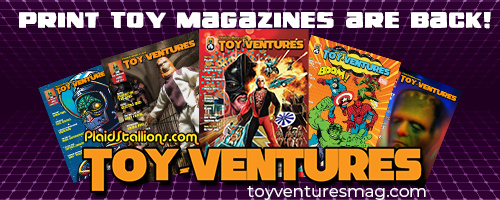And when something like this scenario occurs, you get unfortunate reviews where that hard work of Webb's becomes disconnected from fairly steering the fate of the film's reputation/image in the public's eyes. If that happens with ASM2, then that's too bad, because this is the kind of film that I can put above most all other Marvel/DC movies, and truly call it: "A good film" and not merely a film "loyal to the source material". Dare-I-say that it is one of those that is "too good" for it's own good

The irony in this is that I think some of the more subtle tight writing in ASM2 (as far as distributing the themes you mentioned earlier) has the potential of actually concealing more loyalty to the source material (within less explored---thus less recognizable-- Spidey tropes) than one would guess exists in the ASM2 film at first glance.
P.S. a lot of the stuff that you diagrammed in your latest post is what I've learned as the KEY way to write your "hero" vs. "the villains that the hero faces" in your screenplay.... I think the new Goblin even comments on it in ASM2 (the "choices" a hero makes vs. the ones that make one a villain/evil). This "choice" theme has always been the Gwen Stacy story frame theme, and it's been echoed in the close of Batman Forever as well as the first Raimi Spidey movie, with MJ filling in for Gwen. Dare-I-say that this Webb version illustrates this theme the best, if not "the best from my POV". It surely was the one that had the most emotional resonance with me.



Leave a comment: